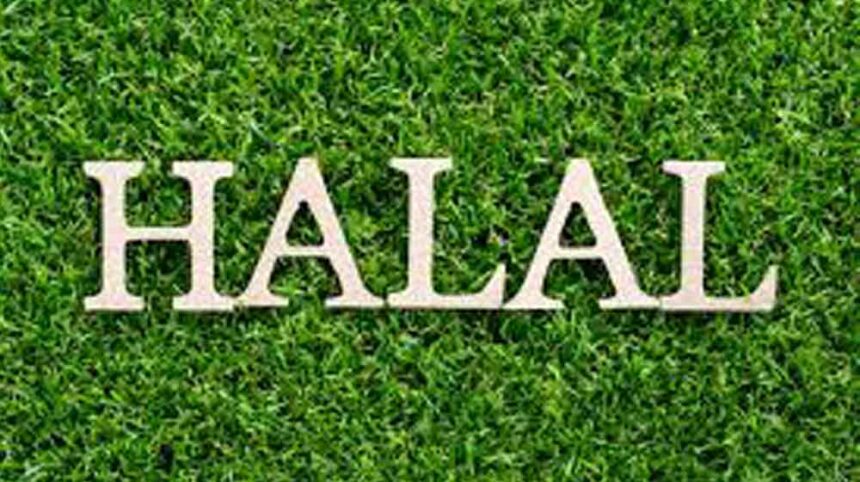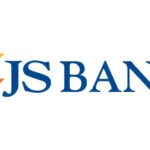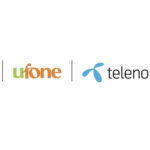With more trade, the halal economy will be more connected to the global trade and supply chains, which will grow from $2.30 trillion today to $5 trillion by 2030.
This was what the Chairman of the United Business Group in the Federation of Pakistan Chambers of Commerce and Industry, Shahzad Ali Malik, told a group of industrialists and business people from Gujranwala led by Muhammad Umar, who came to see him on Sunday. He said that the demand for halal products from both Muslim and non-Muslim countries is going up, which is good for the halal economy.
He said that favourable population demographics, government policies, and private sector initiatives are the main things that drive the halal industry. He said that non-Muslims will want to eat more halal foods because they are known to be safe and healthy. He said that the growth of the halal industry will be helped by the fact that governments are strengthening regulation and policy support through national master plans and expanding the scope of certification.
Shahzad Ali Malik said that transparency and being able to track halal products are important parts of the value chain. He said that when the government makes plans for the halal economy, it should encourage the use of new technologies like blockchain and the internet of things (IoT). Businesses can also work together with tech start-ups. He said that in order to take advantage of the growth potential of halal markets, governments around the world should try to unify halal standards and accreditation processes. This would help cut down on the number of certification requirements and boost halal commerce.
He told the people who make food in Pakistan that they should work together with tech companies so that food could be delivered quickly and consumers all over the world would trust them more. He said that the people in charge of halal food in Pakistan must help find a steady stream of growth opportunities if they want to do well in an uncertain future. He said that Pakistan should get a piece of the new markets for halal products around the world, which are worth billions of dollars in foreign exchange.







